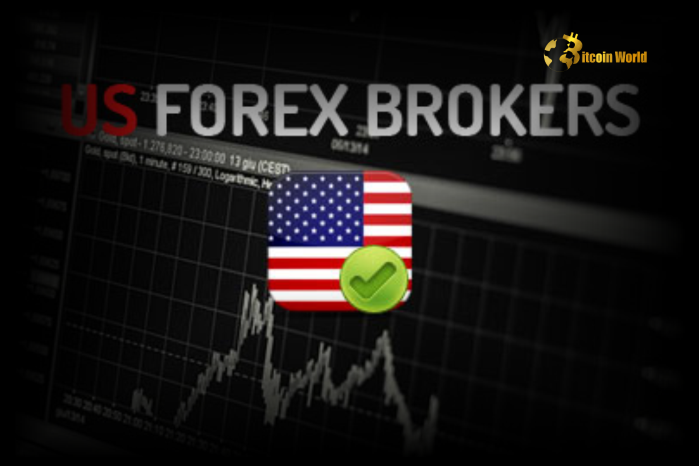A Beginner’s Guide to Forex Trading in America
A Beginner’s Guide to Forex Trading in America
Blog Article
Understanding Forex Taxation in the US
International change, or Forex trading, brings millions of players in the United States every year. Their sheer size and liquidity ensure it is one of the very most interesting areas globally. However, forex in america. has a special and rigid method of regulating Forex activities. If you are trying to business currencies or simply want to understand how legitimate frameworks form the Forex market, understanding these regulations is crucial.

Essential Legal Frameworks Shaping Forex in the US
Forex regulation in the United Claims stands apart because of its thorough risk controls and client protections. Two primary government figures oversee many Forex actions:
• Thing Futures Trading Commission (CFTC)
• National Futures Association (NFA)
The CFTC, made in 1974, is tasked with regulating the futures and options areas, foreign change included. The NFA, as a self-regulatory organization, performs tightly with the CFTC to enforce principles and keep equity in trading practices.
Enrollment and Submission
Every Forex supplier or broker using the services of U.S. people should register with both the CFTC and NFA. These entities will also be required to adhere to demanding operational requirements, including:
• Minimum web money demands (often more than in different countries)
• Ongoing audits
• Strong anti-money laundering (AML) plans
• Clear risk disclosure
Violations can lead to large fines or a permanent ban from the market. This regulatory platform seeks to prevent fraud, protect investors, and enhance market integrity.
Major Constraints on Forex Actions
Foundational defenses affect how Forex runs in the U.S.:
• Control limits: The NFA sets a maximum control of 50:1 for key currency pairs and 20:1 for minors. This really is far lower than many international areas, supporting protect unskilled traders from substantial losses.
• Segregation of resources: U.S. law involves that customer funds are held separate from broker operational funds. That measure safeguards traders in the event a broker becomes insolvent.
• Advertising and disclosure: Firms must clearly explain risks, costs, and trading systems to clients. Unreliable or intense solicitation methods face strict penalties.
Enforcement and Penalties
U.S. agencies often monitor for fraudulent schemes, insider trading, and illicit industry manipulation. Statistical information from enforcement studies shows a consistent sample of penalties and settlements in recent years, showing continuous vigilance. This environment, while stricter than many elements of the world, creates a better playing area for retail and institutional traders alike.
What things to Contemplate as a US Forex Trader
New traits disclose a continuing increase in regulatory actions, an emphasis on customer training, and continuous revisions to submission requirements. If you intend to business Forex in the U.S., it's important to:
• Ensure a broker's effective enrollment status
• Remain current with regulatory changes
• Review chance disclosures before making trades
This process minimizes unforeseen losses and improves your prospects in a firmly managed but powerful marketplace. By knowledge legal rules, U.S. traders can confidently participate in the Forex industry while remaining within the variables of the law.
Report this page